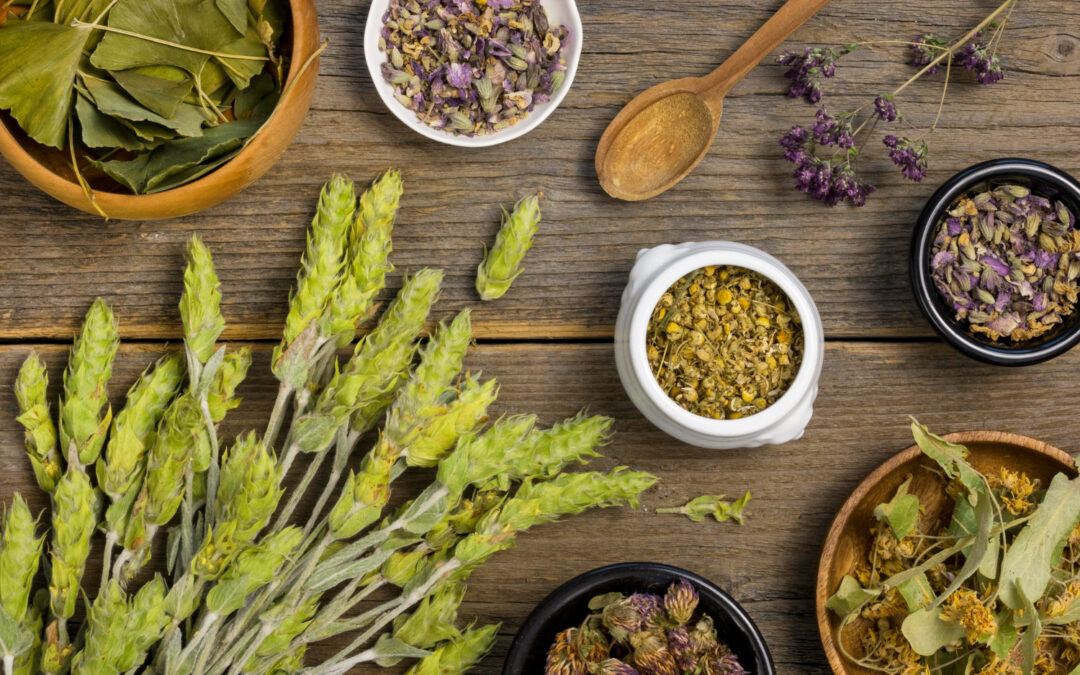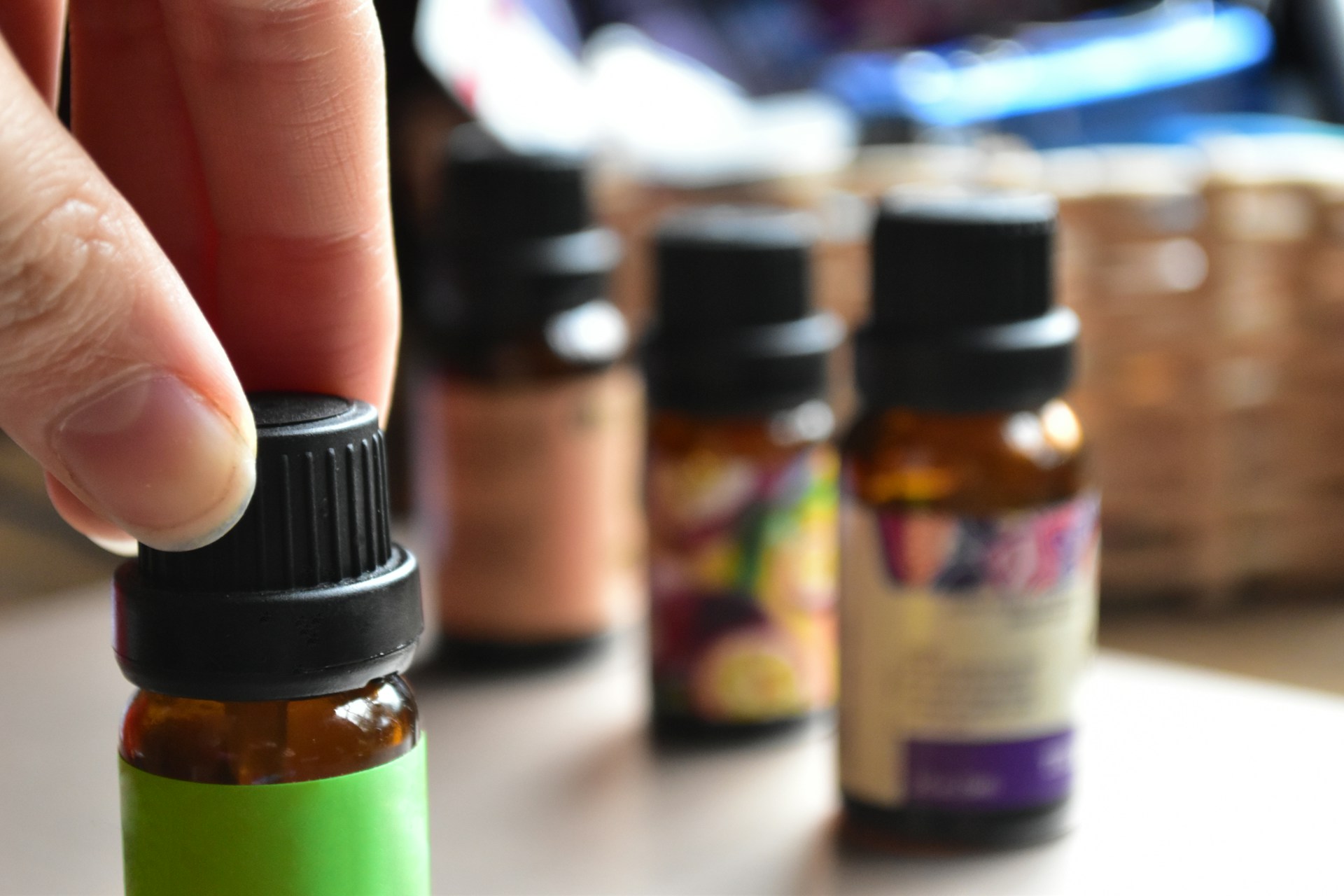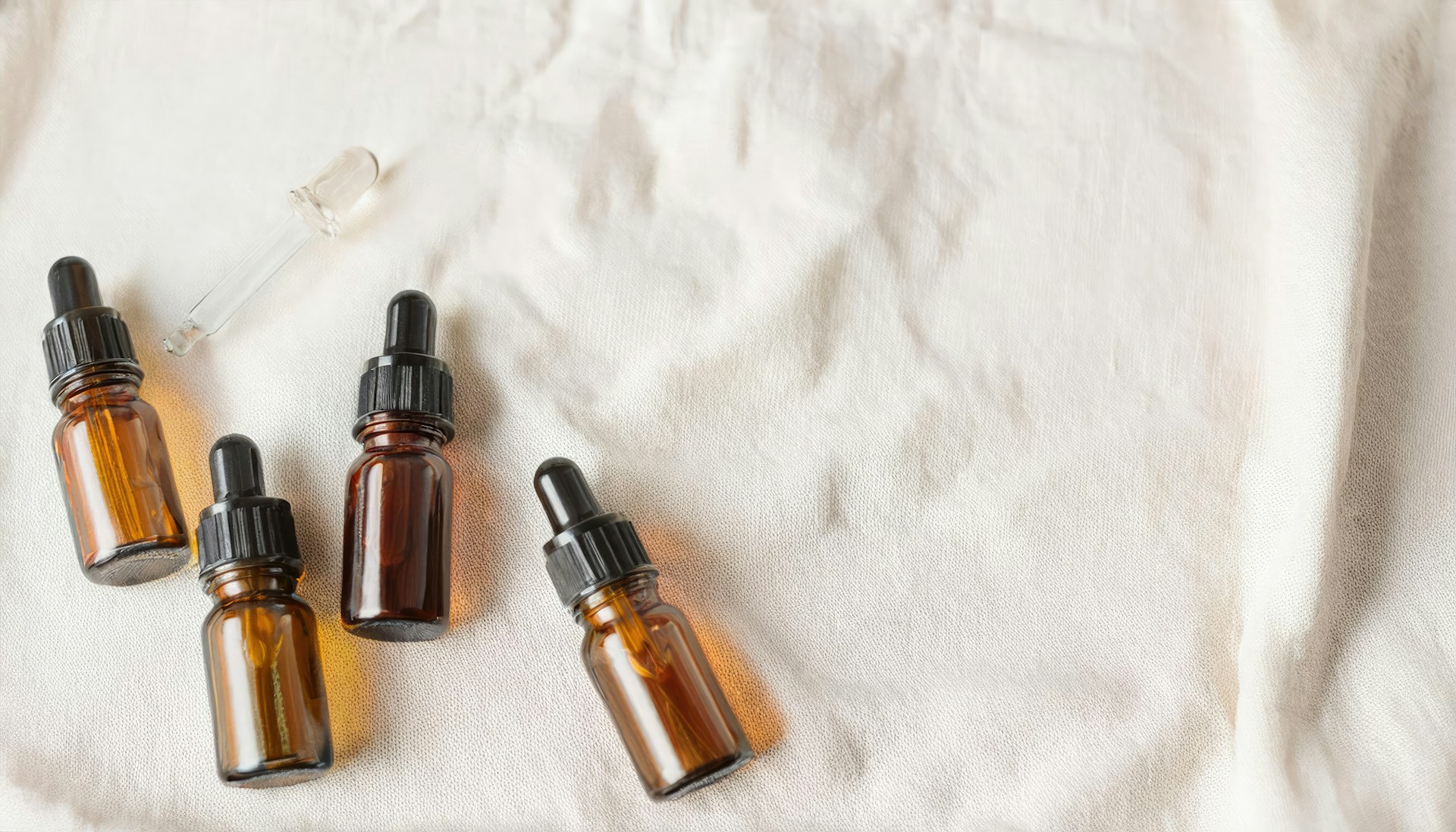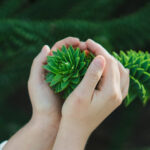Herbal supplements can offer gentle support for kids’ health as they grow. They provide natural remedies for common issues like digestive discomfort, sleep troubles, and immune support. Herbs have been used for centuries, and when chosen carefully, they can be a safe addition to a child’s routine.
Parents may find herbal supplements a helpful way to complement their children’s diets. Chamomile tea can soothe a cranky child before bed, while elderberry syrup offers immune-boosting properties during flu season. Little ones often enjoy the mild, pleasant flavors of herbs, making them easier to incorporate into meals and drinks.
Understanding the right herbs and how to use them ensures they benefit your child’s well-being without any risks. It’s important to explore safe options and learn how best to introduce them into daily life for a healthy boost that kids will enjoy.
Understanding Herbal Supplements for Kids
Overview of Herbal Supplements
Herbal supplements are made from plants and their extracts. They have been used for hundreds of years to help support health in a natural way. These supplements can come in many forms, like teas, syrups, or gummies, making them easy for kids to use. It’s important to choose the right herbs that are safe for children, as their needs are different from adults.
Herbs can provide gentle support for various health concerns. For example, herbs can promote relaxation, aid digestion, and boost immunity. However, it’s crucial to understand that herbal supplements should complement, not replace, a balanced diet and healthy lifestyle. Before starting any supplement, learning about its effects and how it fits into your child’s routine is necessary.
Parents should also be mindful of the quality and source of the herbal products they choose. Opting for reputable brands and consulting with healthcare professionals can ensure the safety and effectiveness of these supplements in supporting your child’s health.
Benefits of Herbal Supplements for Children
Herbal supplements can offer a range of benefits for kids when used safely. Here are some key advantages:
1. Natural Ingredients: Herbs are derived from plants, providing a natural approach to health.
2. Mild Effects: Compared to some medications, herbs can have gentler effects, making them suitable for children.
3. Supports Immunity: Herbs like elderberry are known to boost the immune system, helping kids stay healthy during flu season.
4. Eases Digestion: Ginger and other herbs can aid with digestive discomfort, helping to settle upset little tummies.
5. Promotes Calm: Herbal teas such as chamomile can soothe and calm children, especially before bedtime.
When incorporated carefully, herbal supplements can be a valuable addition to a child’s health regimen, supporting different aspects of their well-being.
Important Herbs Safe for Kids
Chamomile: Calming and Soothing
Chamomile is a gentle herb known for its calming effects. Often served as a tea, chamomile is perfect for helping kids relax and get ready for sleep. Its natural compounds can soothe and ease tension, making it an excellent choice for children who may feel anxious or have trouble winding down at night.
Besides promoting relaxation, chamomile can also support digestive health. It can ease mild stomach pains or discomfort and is generally well-tolerated by kids. Offering a warm cup of chamomile tea an hour before bedtime can become a comforting nightly ritual that promotes better sleep.
Always ensure the tea is unsweetened and not too hot for children. Checking with a healthcare provider for appropriate use is beneficial to ensure it fits well within your child’s routine.
Elderberry: Supporting Immune Health
Elderberry is a popular herb known for supporting the immune system. It is often used to help prevent or treat cold and flu symptoms because of its high antioxidant content. Elderberry can come in syrups and gummies, providing a tasty way for kids to enjoy its benefits.
This herb contains vitamins and nutrients that strengthen the body’s defenses against common illnesses. Using elderberry supplements during illness-prone seasons can help keep kids healthy and reduce the duration of symptoms if they do catch a bug.
When choosing elderberry products, be mindful of additives and sugars. Opting for pure, standardized extracts ensures children receive the full benefits. Consulting with a healthcare professional can guide its proper use based on your child’s health needs.
Ginger: Easing Digestive Comfort
Ginger is a well-known herb for easing nausea and supporting digestive health. It can help settle upset stomachs and reduce motion sickness, making it handy during travel or after meals. Kids can enjoy ginger in mild teas or tiny amounts of candied ginger.
This herb works by soothing the stomach lining and promoting the flow of digestive juices, which aids digestion. When preparing ginger tea, ensure it is diluted to avoid any strong taste that might be off-putting for children.
Ginger’s versatile nature allows it to be included in meals, adding both flavor and health benefits. It’s a safe and effective herb that can enhance a child’s dietary regimen in comforting ways.
Tips for Choosing the Right Supplements
How to Read Labels for Safety and Dosage
Reading labels carefully is essential when choosing herbal supplements for kids. It ensures the product is safe and that your child gets the right amount of nutrients. Here are some key points to check on the label:
1. Ingredients: Look for pure, natural components with no artificial additives or preservatives.
2. Dosage Instructions: Follow the recommended dosage for your child’s age and weight to avoid any side effects.
3. Warnings and Interactions: Be aware of any potential allergens or interactions with medications your child may be taking.
4. Expiry Date: Make sure the product is fresh and effective by checking the expiration date.
Consulting With Healthcare Providers
Before giving your child any herbal supplements, consulting a healthcare provider is wise. Healthcare professionals can provide guidance based on your child’s specific health needs and conditions. They can help identify safe options and appropriate dosages, as well as advise on potential interactions with other medications or supplements.
An informed discussion with your provider ensures that you choose supplements that will support your child’s health without risks. This proactive step protects your child’s well-being and enhances the benefits of herbal remedies.
Checking for Quality and Purity
The quality of herbal supplements can vary greatly. Opt for products that have been tested for quality and purity. Trusted brands will often display certifications or seals of approval on their labels, indicating rigorous testing. Choosing products manufactured under good manufacturing practices ensures consistency and safety.
Researching the brand and reading reviews can also help you make an informed choice. Ensuring quality and purity guarantees that your child receives the highest benefit from herbal supplements, free from harmful additives or contaminants.
Creative Ways to Include Herbs in Daily Routines
Herb-Infused Smoothies and Drinks
Incorporating herbs into smoothies and drinks is a fun and tasty way to offer their benefits to kids. You can blend herbs like mint or chamomile into fruit smoothies, adding a refreshing twist and health benefits. These herbal additions are often mild, so they blend well with other flavors, making them kid-friendly.
For a soothing effect, try adding a splash of chamomile tea to lemonade or iced tea. This mix provides a calming drink that kids will enjoy, especially after a busy day. Experimenting with combinations allows you to find what your child likes best, ensuring they receive the benefits of herbs without fuss.
Cooking With Kid-Friendly Herbs
Cooking with herbs is another delicious way to include them in your child’s diet. Fresh herbs like basil and parsley can enhance the flavors of soups, pasta sauces, and veggie dishes. These herbs not only taste great but also provide essential vitamins and minerals.
You can make meals exciting by involving kids in the cooking process. Let them sprinkle herbs on pizzas or sandwiches, empowering them with choices and encouraging a healthy relationship with food. Cooking becomes an adventure that supports wellbeing in a natural, enjoyable way.
Fun Herbal Activities for Kids
Engaging kids in herbal activities can be educational and fun. Create a small herb garden together, either indoors or in your yard. This hands-on experience teaches children about growing and caring for plants. They get to observe the herbs as they grow, readying them for future use in meals or teas.
Simple crafting activities like making herb sachets can also be entertaining. Help your child create sachets with dried lavender or chamomile for calming bedtime comforts. These activities allow kids to connect with nature and learn about the benefits of herbs in everyday life.
Embrace Herbs for Health and Wellbeing
Herbs offer a gentle, natural way to support a child’s health. From calming teas to immune-boosting syrups, they provide various benefits that can easily fit into daily routines. Being informed about safe herbs and how to incorporate them ensures your child enjoys these benefits safely and effectively.
Understanding how to choose the best herbal supplements, consulting with healthcare providers, and engaging kids through creative use and activities can enhance their appreciation and understanding of herbal health. These steps empower you as a parent to make the best choices for your child’s wellness journey.
Now is a great time to explore the benefits of herbs for your children. At My Herbal Roots, we offer a variety of kid-friendly herbal options to help enhance their health in natural ways. Discover the magic of herbs and how they can transform your family’s daily routine.














